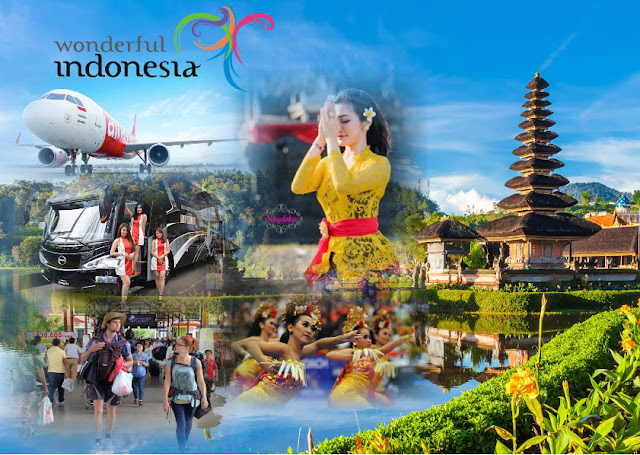Based on the three aspects of tourism sciences previously described by plengdut.com (ontology, epistemology, axiology tourism), several branches of tourism can be identified.
Branch of Tourism
Because the formal object or focus of interest in tourism science is "the movement of tourists, community activities that facilitate the movement of tourists and the implications or consequences of tourist movements and community activities that facilitate it on the life of the community at large", then the branches of the tourism discipline can at least identified as follows:
1. Development of Tourism Services.
This branch (Development of Tourism Services ) specializes in developing knowledge about strategies, methods and techniques of providing services and hospitality that support the smooth running of travel. The object of attention is the activities of the community in providing services, such as accommodation facilities, attractions, access and amenities, as well as other intangible services.
2. Travel organization.
This branch focuses its attention on regulating tourist travel traffic and providing media or travel packages that enable tourists to be able to obtain high tourism satisfaction values through the management of tourism resources. In this case the object of attention is focused on the packaging of tour trips, organizing and managing them in accordance with the principles of sustainability.
3. Tourism development policies.
This branch Tourism development policies focuses its attention on efforts to increase social, economic, cultural benefits, the psychology of travel for the community and tourists and the evaluation of tourism development through a planned action. Included in this is tourism policy planning and development (Pitana, 2008).
Until recently, tourism as an object of knowledge or science has shown significant growth. This can be seen from the emergence of many tourism schools, both secondary and tertiary levels.

